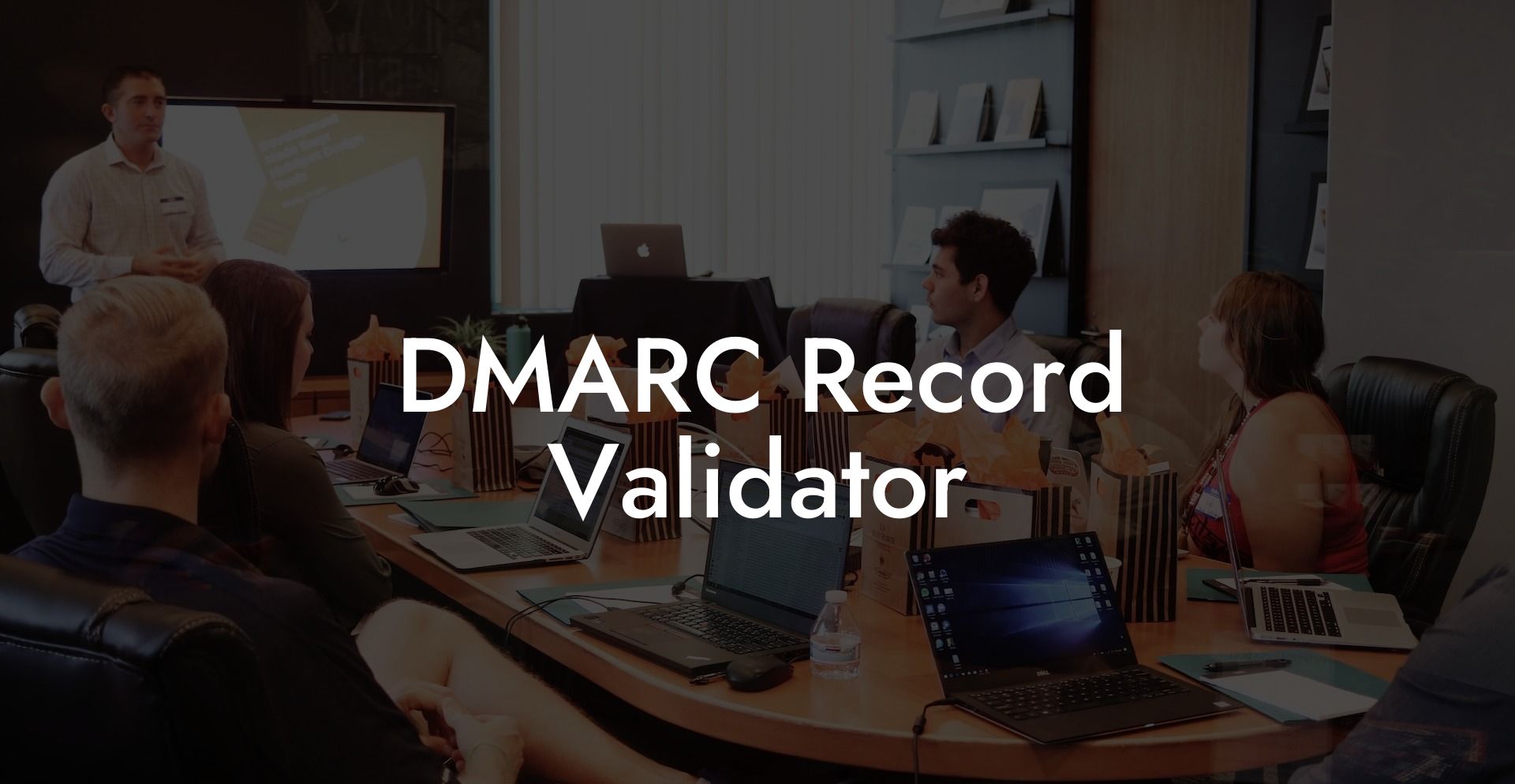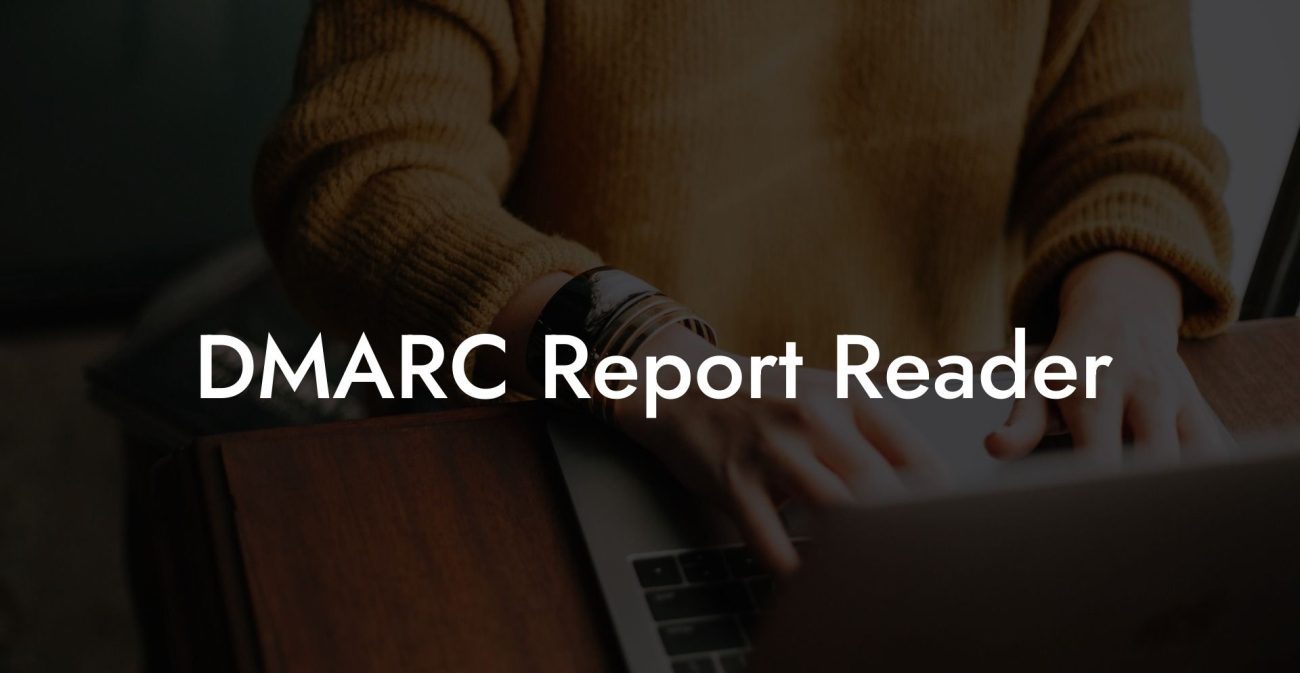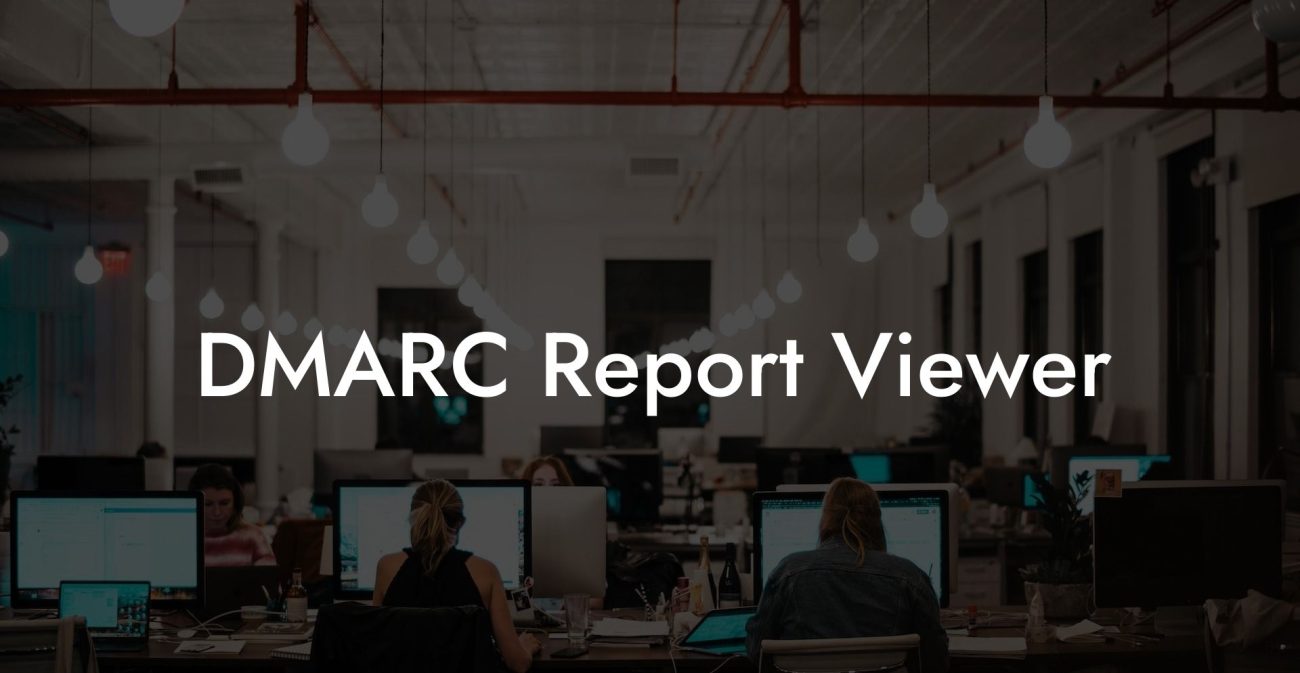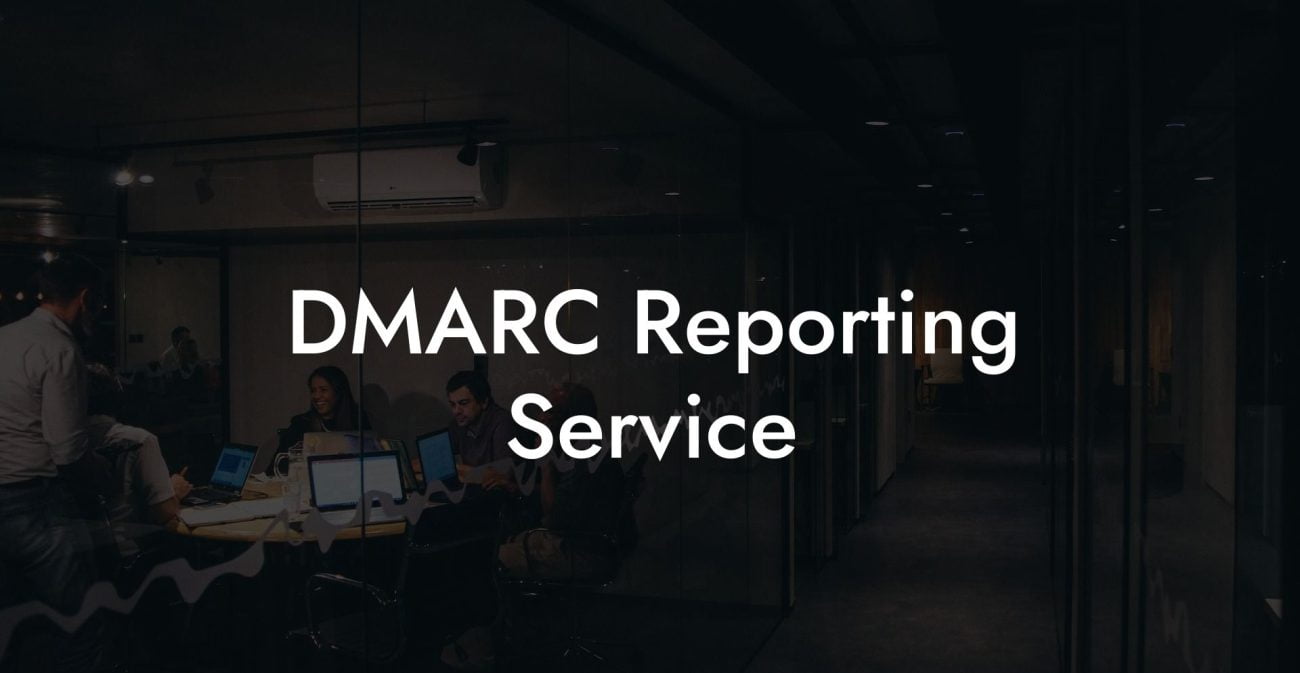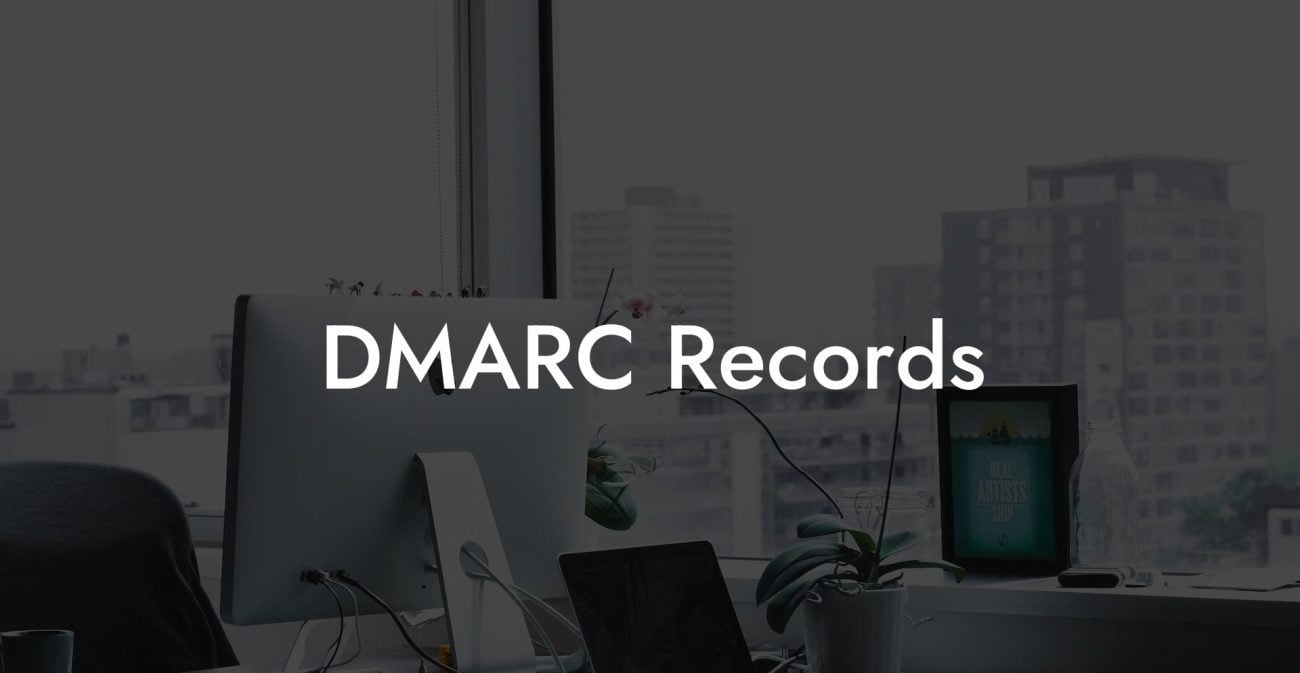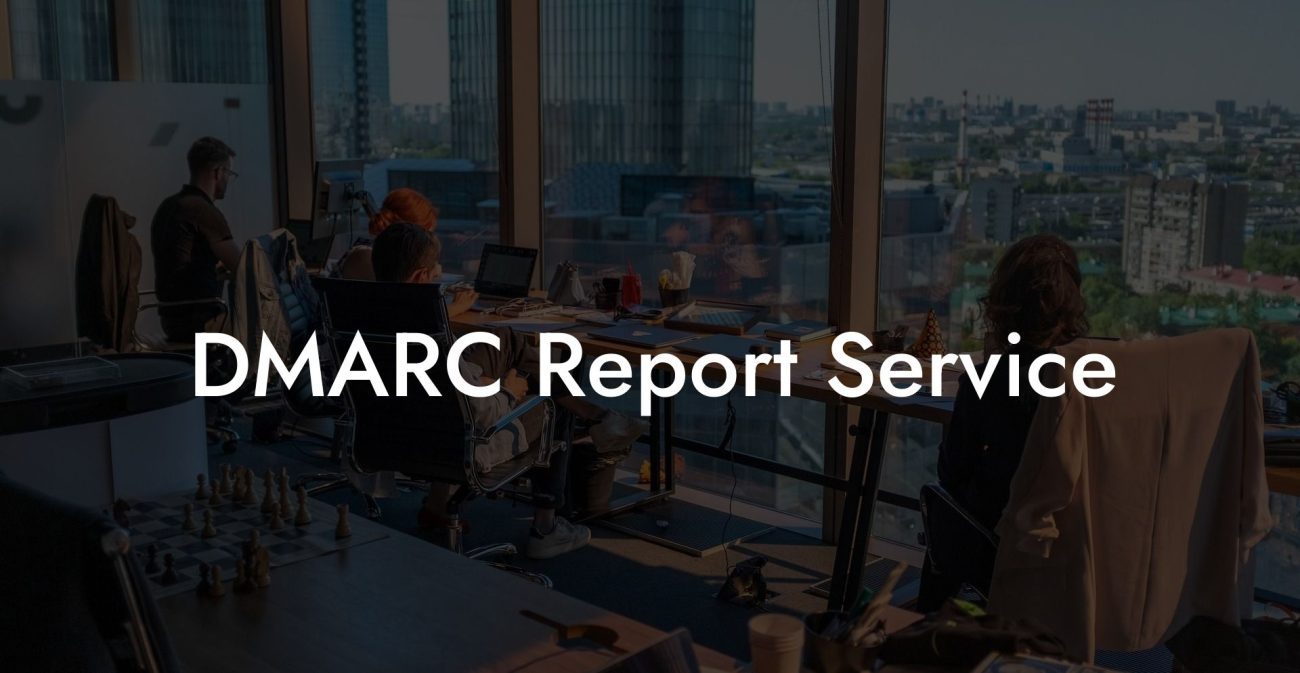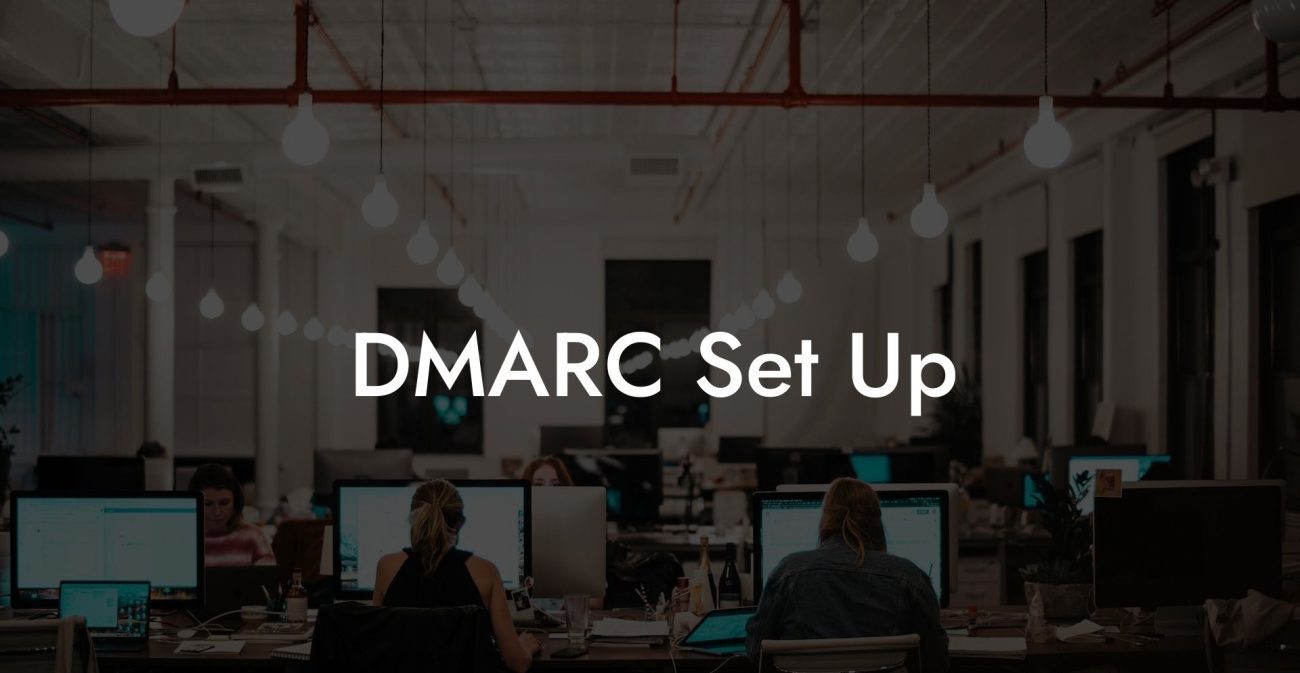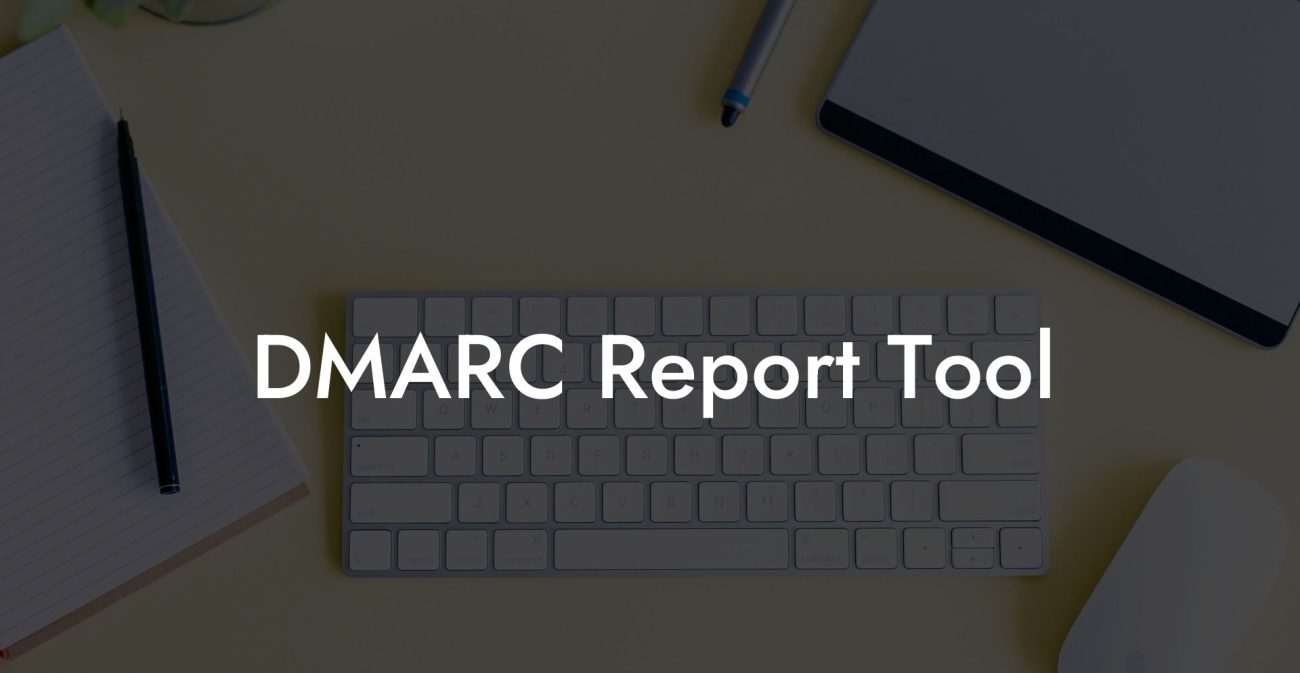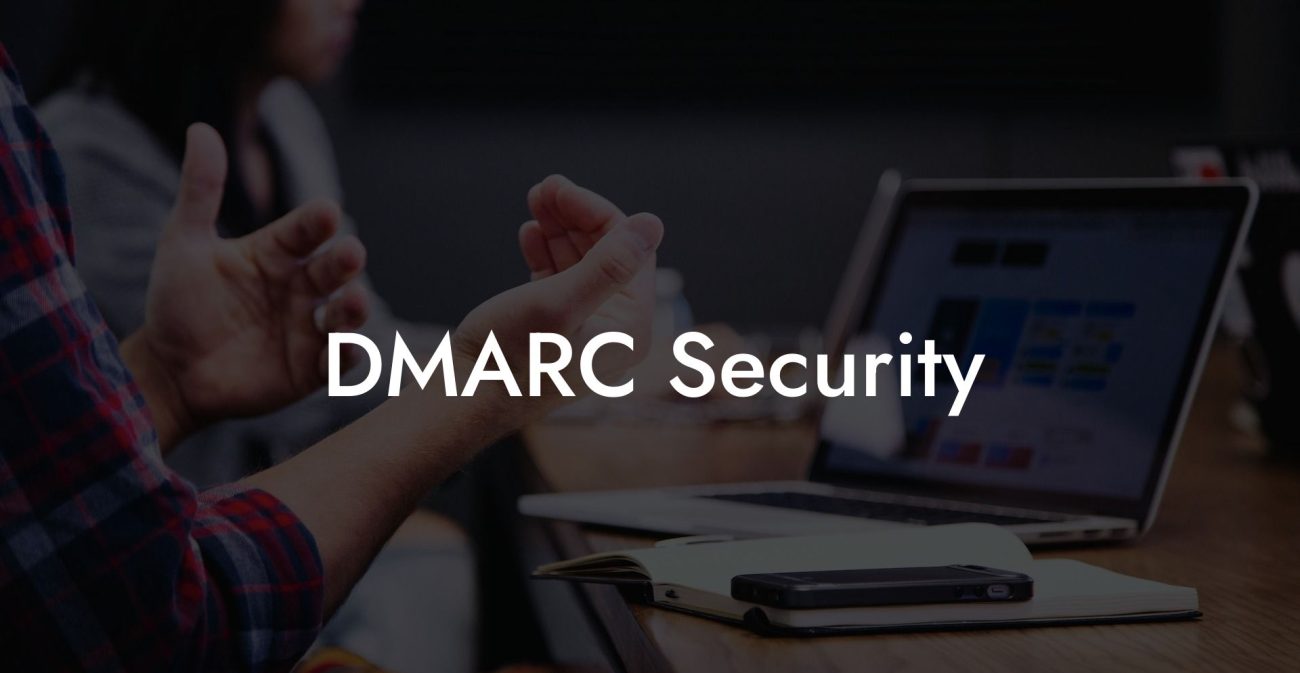As we navigate the ever-evolving landscape of cybersecurity, the role of Domain-based Message Authentication, Reporting, and Conformance (DMARC) in protecting against email spoofing and phishing attacks cannot be overstated. DMARC records play a crucial role in securing your organization's emails and ensuring the safe transmission of sensitive information. In this comprehensive guide, we will delve into the importance of DMARC records and explore the myriad benefits of using a DMARC record validator.
DMARC Record Validator Table of Contents
Understanding DMARC Records
A DMARC record is essentially a policy that helps protect your domain against email spoofing and phishing attacks. It works by enabling email receivers to determine if an incoming email is legitimately from your domain or not. The email receivers will then follow the DMARC guidelines provided in your record to either accept, reject, or quarantine the email based on its authenticity.
Protect Your Data Today With a Secure Password Manager. Our Top Password Managers:
DMARC records use two key email authentication protocols, namely Sender Policy Framework (SPF) and DomainKeys Identified Mail (DKIM). These protocols, combined with the DMARC policy, provide a robust layer of security for your email domain.
Sender Policy Framework (SPF)
- SPF allows a domain to specify and authorize sending mail servers, matching the sender's IP address against the list of approved IP addresses in the domain's DNS records.
- An SPF record is a DNS TXT record that lists the authorized sending IP addresses, preventing unauthorized servers from sending emails on behalf of your domain.
DomainKeys Identified Mail (DKIM)
- DKIM provides a method for validating the domain's identity associated with an email message through cryptographic authentication.
- DKIM works by attaching a digital signature to your email, and the receiving server will then verify this signature using the public key published in your domain's DNS records.
What Is a DMARC Record Validator?
A DMARC record validator is a tool or service that helps you verify and validate the syntax, configuration, and overall integrity of your DMARC record. Utilizing a DMARC record validator is essential for ensuring that your DMARC implementation is correct and will function as intended to protect your domain against phishing attacks and email spoofing.
Benefits of Using a DMARC Record Validator
- Ensures Correct Syntax: DMARC record validators check and confirm that your DMARC record follows the proper syntax, minimizing errors and preventing misconfigurations.
- Verifies Alignment with SPF and DKIM: Effective DMARC implementation relies on the proper alignment of SPF and DKIM records. DMARC record validators help confirm that these records are correctly configured and aligned.
- Reduces Risk: Validating your DMARC record mitigates the risk of experiencing phishing attacks or email spoofing, leading to stronger email security and domain reputation.
- Saves Time and Effort: Using a DMARC record validator eliminates the need for manual validation, streamlining the process and ensuring accurate results.
DMARC Record Validator Example:
Let's assume an organization, XYZ Corp, wants to implement DMARC for their email domain, xyzcorp.com. They have created a DMARC record with the following policy:
v=DMARC1; p=reject; rua=mailto:dmarc-reports@xyzcorp.com; ruf=mailto:dmarc-reports@xyzcorp.com; fo=1; adkim=r; aspf=r;
Before adding this record to their domain's DNS, XYZ Corp should utilize a DMARC record validator to ensure that the record is correctly formatted and aligned with their SPF and DKIM records.
After running the record through a DMARC validator, XYZ Corp receives confirmation that their record is correctly configured, ensuring that their email domain will be protected from phishing attacks and unauthorized emails once the record is added to their DNS.
Phishing attacks and email spoofing can have devastating consequences for organizations, leading to financial loss, reputational damage, and loss of trust from customers and partners. Implementing DMARC and using a DMARC record validator to verify its integrity is vital in safeguarding your organization from these threats. We hope this guide has provided you with valuable insights into DMARC records and their validation. If you found this post helpful, be sure to share it and explore our other cybersecurity guides on Voice Phishing to further strengthen your organization's digital defenses.
Protect Your Data Today With a Secure Password Manager. Our Top Password Managers:

